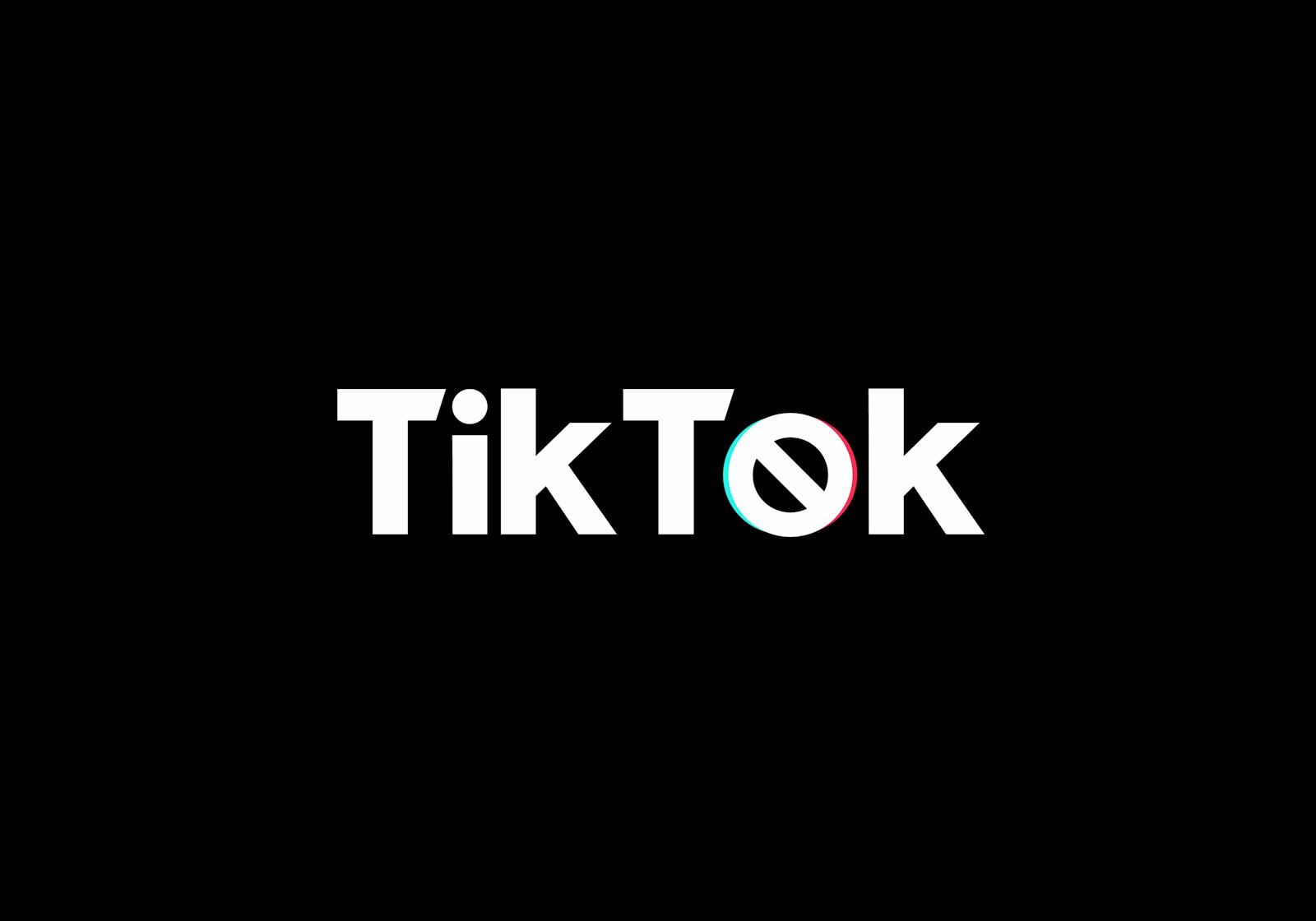The controversial ban on TikTok raises questions about data privacy, national security, and the future of social media.
Key Points at a Glance
- TikTok, the popular video-sharing app, is now inaccessible in the U.S. following a federal ban effective January 19, 2025.
- The Supreme Court upheld legislation requiring ByteDance to divest TikTok due to national security concerns.
- The ban also affects other ByteDance-owned apps like CapCut and Lemon8.
- Critics argue that banning TikTok doesn’t address broader data privacy issues and sets a concerning precedent for free expression.
- President-elect Donald Trump has indicated he might grant a 90-day extension for the app after taking office.
TikTok has officially gone dark in the United States as a federal ban on the app took effect on January 19, 2025. The move comes after years of growing scrutiny over the app’s Chinese ownership and concerns that its vast data collection practices could pose national security risks.
“We regret that a U.S. law banning TikTok will take effect on January 19 and force us to make our services temporarily unavailable,” TikTok said in a pop-up message to its users. “We’re working to restore our service in the U.S. as soon as possible, and we appreciate your support. Please stay tuned.”
This means that millions of existing TikTok users can no longer access content on the platform, and new users are unable to download the app from Android and iOS stores. The ban also extends to other ByteDance apps, including CapCut, Lemon8, and Gauth.
The ban’s enforcement follows a unanimous ruling by the U.S. Supreme Court, which upheld a law requiring ByteDance to sell TikTok or face a nationwide ban. The Court cited national security concerns, stating that TikTok’s recommendation algorithm and its ability to gather vast amounts of personal data made it uniquely susceptible to manipulation by Chinese authorities.
“There is no doubt that, for more than 170 million Americans, TikTok offers a distinctive and expansive outlet for expression, means of engagement, and source of community,” the Court’s ruling read. “But Congress has determined that divestiture is necessary to address its well-supported national security concerns regarding TikTok’s data collection practices and relationship with a foreign adversary.”
In response to the ruling, Attorney General Merrick Garland said, “The Court’s decision enables the Justice Department to prevent the Chinese government from weaponizing TikTok to undermine America’s national security.”
While the TikTok ban aims to address national security concerns, critics argue that it fails to solve the broader issue of data privacy. The Electronic Frontier Foundation (EFF) released a statement saying that “banning or forcing the sale of one app will do virtually nothing to protect Americans’ data privacy—only comprehensive consumer privacy legislation can achieve that goal.”
The EFF and other advocacy groups have criticized the ban as a symbolic measure that sets a troubling precedent for shutting down communications platforms based on geopolitical concerns.
TikTok’s struggles in the U.S. mirror challenges it has faced in other countries. India banned the app in 2020, citing similar national security concerns. In late 2024, Canada ordered TikTok to cease operations entirely. The app’s absence has inadvertently driven users toward other Chinese platforms like Xiaohongshu (RedNote), complicating efforts to mitigate foreign influence through social media.
However, there is hope for TikTok’s U.S. audience. President-elect Donald Trump has indicated he might grant TikTok a 90-day extension from the ban after his inauguration. “We’re reviewing the situation,” Trump told NBC News. “It’s possible we’ll give TikTok more time to comply.”
TikTok’s ban has sparked debate about how governments should regulate foreign-owned apps while balancing free speech and privacy. “Americans flocking to adversary-owned platforms shows we need a comprehensive approach,” Senator Mark Warner noted on Bluesky.
As the debate continues, TikTok’s U.S. ban underscores the complex intersection of technology, geopolitics, and user privacy in today’s digital landscape.
